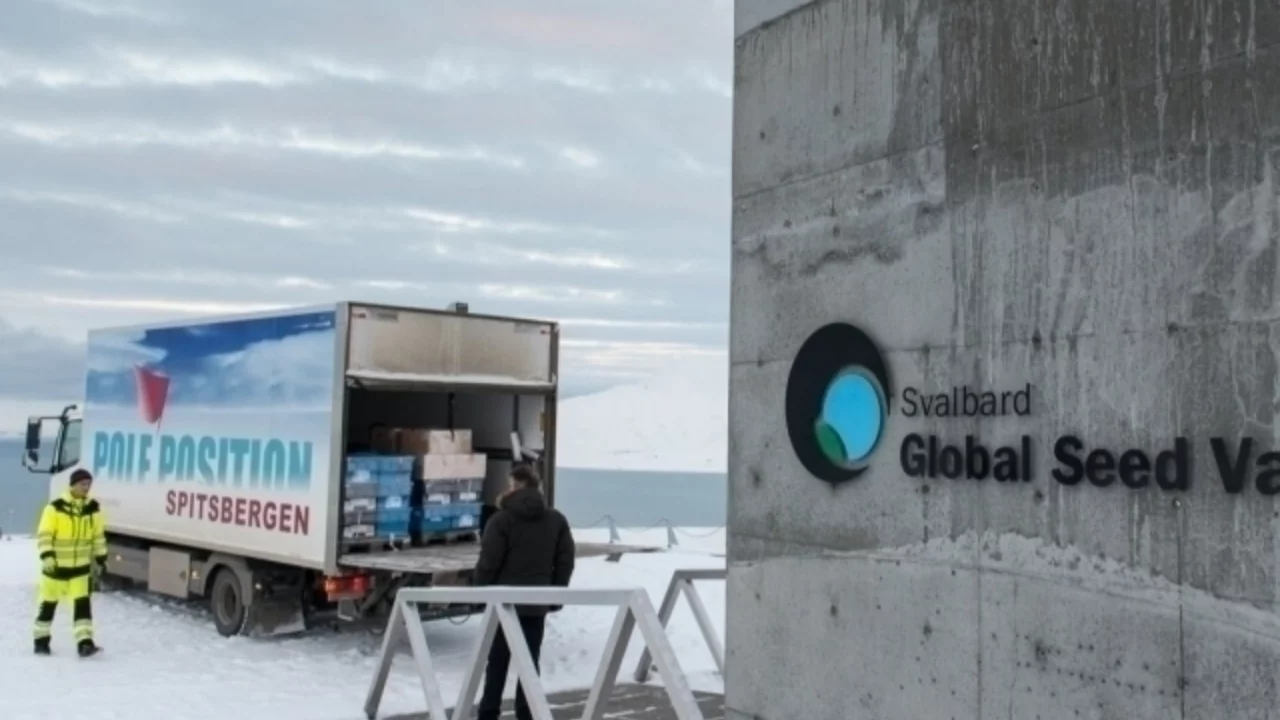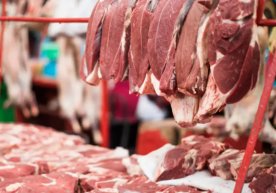Which Uzbek seed varieties were included in the "Judgment Day Warehouse"?

Samples of seeds of Uzbekistan's ancient and local crops were transferred to the World Seed Storage Genbank - the famous "Doomsday Warehouse" located on the Norwegian island of Svalbard.
This center is considered the largest and safest seed storage facility in the world. The -18°C storage facility in Svalbard is located within Arctic ice and currently holds over 1.1 million seed samples.
The collection submitted from Uzbekistan includes more than 20 local varieties of melons, watermelons, tomatoes, peppers, eggplants, carrots, onions, and wheat. In particular, the wheat variety "Kairaktosh" is recognized as a unique example of the history of Uzbek agriculture.
Representatives of the Ministry of Agriculture and the Research Institute of Plant Genetic Resources assessed this initiative as one of the important steps towards preserving the national genetic heritage and contributing to global food security.
"This is not only a sign of respect for Uzbekistan's agricultural culture, but also an expression of its responsibility to preserve a common resource for humanity," the official statement said.
The Svalbard warehouse serves as the "final reserve" for all gene banks in the world. This system aims to reduce the risk of complete extinction of genus species due to wars, natural disasters, or global crises.
Read “Zamin” on Telegram!





















